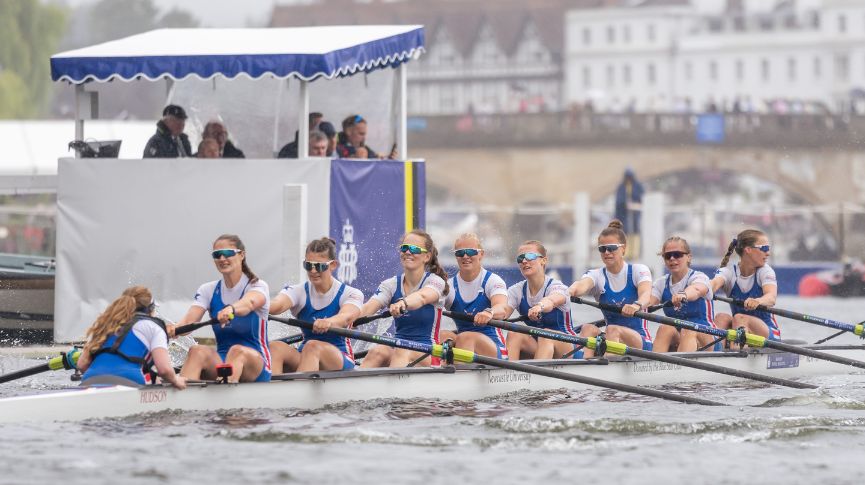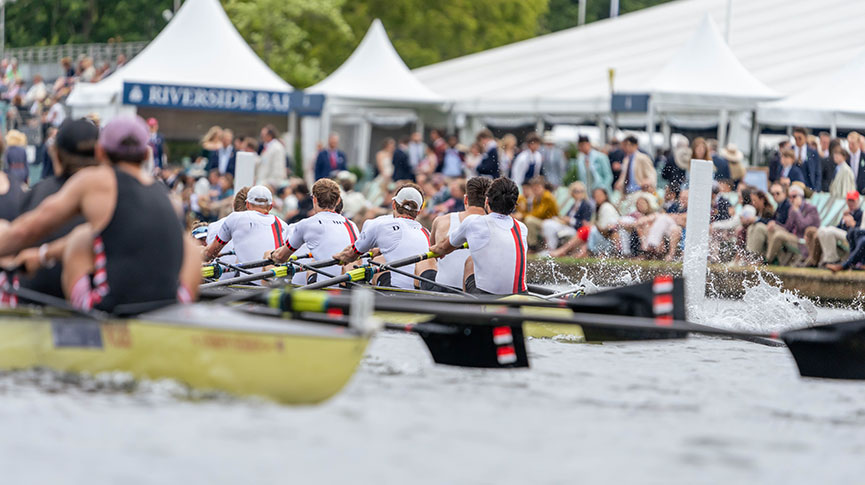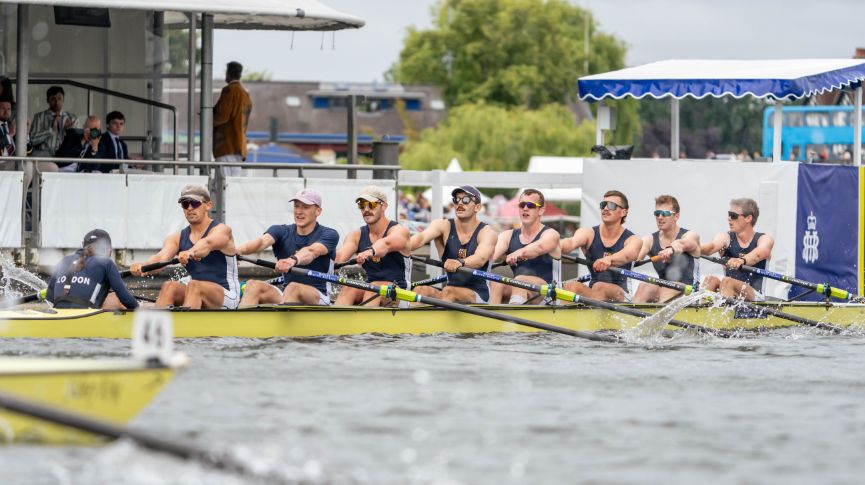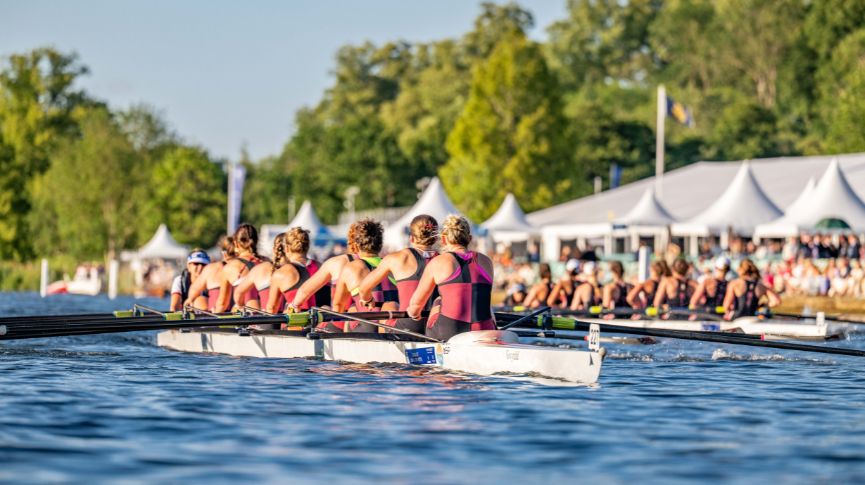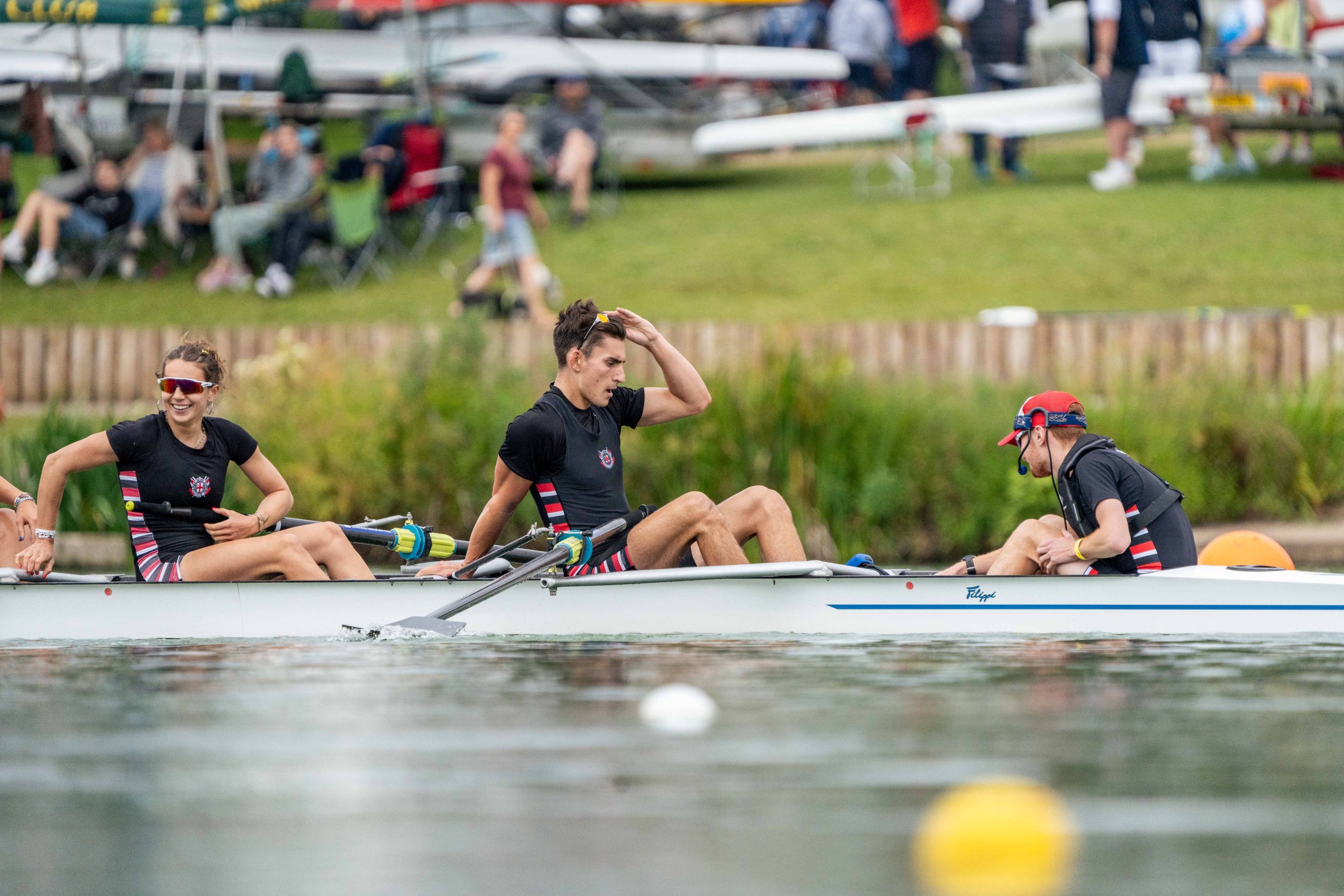Coaching Week series: coaching the individual
Level 3 coach Carol Cornell explains below how she approaches coaching the individuals within a squad or crew during Coaching Week
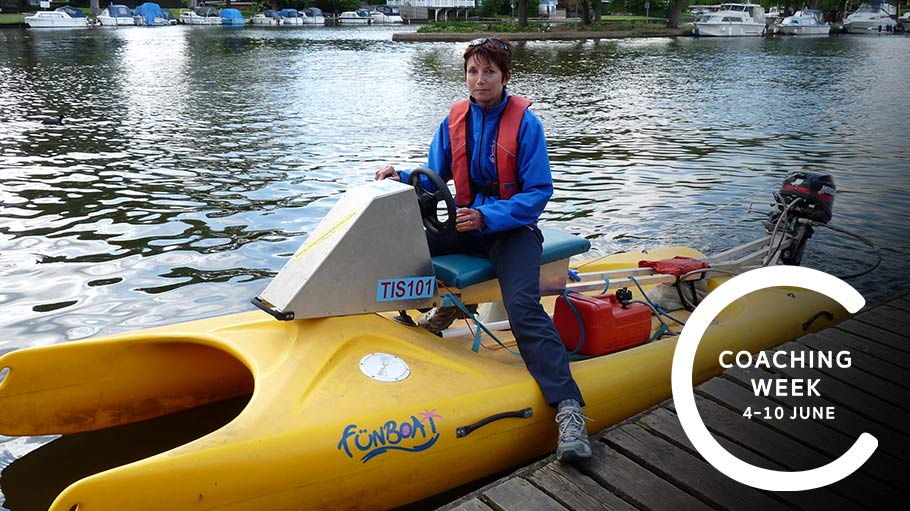
Carol Cornell pictured during a coaching session
As part of Coaching Week, UK Coaching have announced six principles of great coaching based on the acronymn – PEOPLE.
- Person-centred
- Empowering
- Organised
- Positive
- Learning
- Engaging
To support these six principles, we’re sharing the stories of rowing coaches from across the country about how they coach by these principles.
Person-centred
First up is the letter ‘P’ for being ‘person-centred’. Level 3 coach Carol Cornell explains below how she approaches coaching the individuals within a squad or crew.
Carol Cornell, Level 3 coach
Coaching is all about the detail. It’s about understanding what is contributing to boat movement, what is detracting from boat movement and what can be done to make the difference. It’s about more than the sum of the parts; it’s about the parts themselves.
A good coach understands their athletes, looking beyond the person and the seat. What are their motivators, their expectations and capabilities and most importantly are they realistic?
It’s about more than the sum of the parts; it’s about the parts themselves
Building a squad and crew, where these are aligned, and where each individual understands how they contribute and how to improve, requires effective two-way communication plus realistic training programmes. Clear feedback, delivered regularly in an objective manner, enables the athlete to understand what improvements are required and how to make the change/s required.
So taking these in order:
1 – Communication
What is the common goal, how will we achieve it and what are the milestones we need to hit along the way?
How will crew members be assessed on progress, and at what point, and how will selection take place?
Does the overarching goal align with the individuals in the squad; do they buy in and can they make the commitment?
2 – Realistic training programmes
Realistic training programmes should be periodised to avoid athlete burnout and focus upon skill, technique, fitness and athleticism. In other words, they should be structured so that athletes peak for key races and train appropriately.
Skill and technical development require the coach to articulate clearly to each person what style of rowing and sculling is required. So which particular aspects of the stroke are they good at, what needs to be worked on and how do they get their marginal gains?
Fitness and athleticism are key strands within the programme – recognising that each athlete will start from a different level. Some may come to the programme relatively fit, but have less flexibility and therefore may not be able to support the body in the movements required to execute the stroke correctly. Whereas others may be extremely flexible but lack overall fitness.
A good coach understands their athletes, looking beyond the person and the seat
Realistic training programmes also build in a degree of contingency for the inevitable ‘what if’ factors and accept that real life sometimes does take over and can we can only control the controllables. The majority of athletes do need to work, do have responsibilities outside of rowing, do get sick – it’s about how we manage good and bad times that helps build the all-important levels of trust between crew and coach.
Finally, what words will I use to deliver feedback to my crew? Do I need to use different methods for crew members and how do I ensure they understand? It’s an old adage but we all have two ears, two eyes and one mouth – look and listen carefully and deliver words wisely.
If you’d like to try coaching then British Rowing can help support your development. Check out our courses here.
Plus, look out for British Rowing’s new code of conduct for coaches – coming soon.


